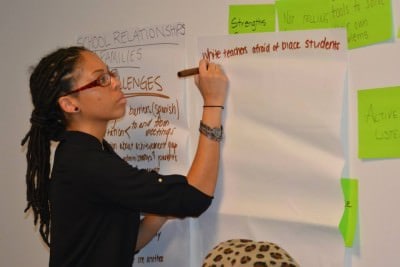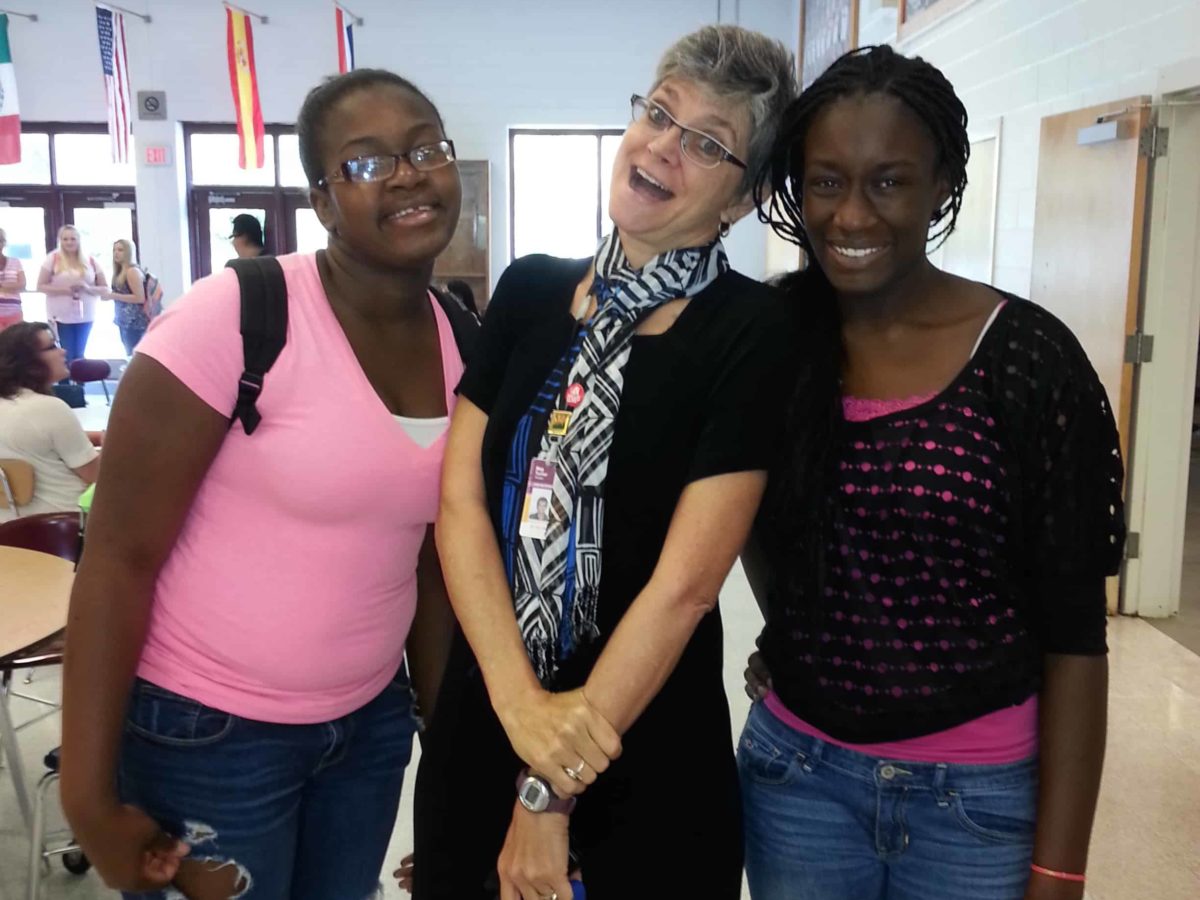

It takes leadership on all levels to create lasting change. When I ask myself who around me inspires others through their own experiences as change agents in education, I immediately think of three women: Meg Turner, principal of Charles D. Owen High School; Cindy McMahon, member of the Buncombe County School Board; and Deborah Miles, executive director for the UNC-Asheville Center for Diversity Education. The common denominator? All of these women love what they do.
Principal spotlight
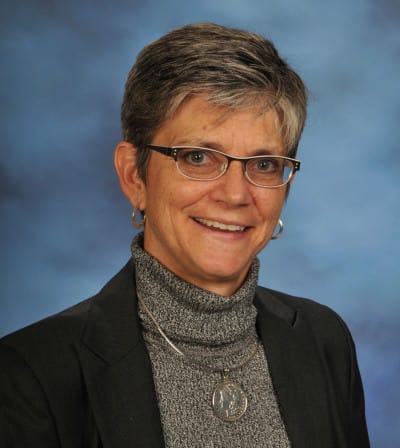

Meg Turner came to Asheville in 1995 from Wytheville, Virginia. A Harvard graduate, a mom, and a wife, Meg is a woman on the move and constantly being called to help, answer questions, and solve problems.
Meg became a teacher in 1986 and wanted to be a principal from the very beginning. Her first principal appointment was with Buncombe County Early College and at that point she said to herself, “Oh my, this is really going to happen. The job I have wanted my whole life.” She describes the passion and drive she brings to the job as, “I realized it’s my soul work. It’s meaningful work to help students realize their potential and prepare for college.”
Early in her career she told me that her idea of leadership was about “power, status, and success.” But over time her thoughts about leadership have changed. Today, Meg describes leadership as, “walking the talk, being one of the people, and having a shared vision. Leaders have to be able to work with people to create the vision then move the collectively developed vision forward. It’s not about following the leader but more about how to make the organization a high functioning entity.”
Meg is excited about the diversity team she is a part of at Owen High School, where she is currently principal and as the school’s website notes “lead learner,” and the incremental changes that she is watching happen. Working with Deborah Miles the executive director for the Center for Diversity Education (featured below) has, as Meg explains it, “propelled them forward around issues that immigrants and the LGBT community face.”
Her personal mantra is to make a difference every day, and she feels gratitude every day to be given the opportunity and skills to do her “soul work.”
School board member spotlight
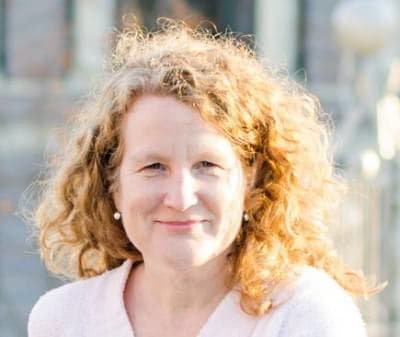

Cindy McMahon moved to Asheville in 1997 and grew up in Yancey County. She is a Senior Consultant with Western North Carolina Nonprofit Pathways and a member of Buncombe County School Board. She was elected to this position in November 2014, representing the Reynolds district. Cindy is a visionary leader with a story that will warm your heart.
In 2004, Cindy took a sabbatical from work and embarked on a personal journey to research her family history. She wrote a memoir, Fresh Water from Old Wells, which will be published by Mercer University Press on April 15, 2015. Cindy’s short version of her story is, “I grew up in poverty and in hippie communes in the south. My parents were community organizers and activists. This was a journey for me to recognize my own stuff and be willing to learn from it head on. We don’t want that stuff to get in the way of our work.” Her personal journey of growing up in poverty and with a mentally ill father gives her a framework to understand the experience of lots of different students in the Buncombe County Schools. She says it’s “a different kind of empathy you have when that person is you.”
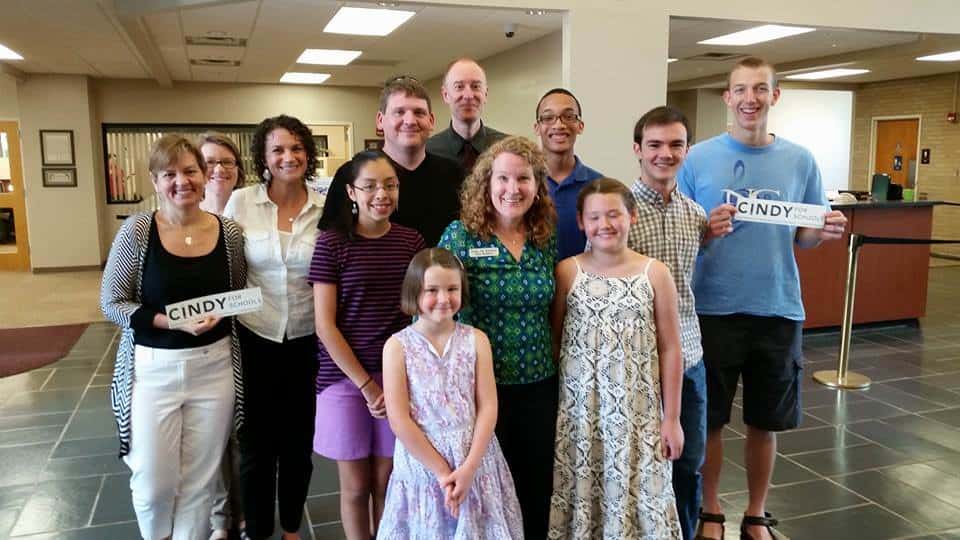

Cindy’s vision is to, “provide our teachers, administrators, and central office staff what they need to feel supported and know that the community has their back.” Cindy shares from her experience in nonprofits that, “a good board gets out of the way and supports the people doing the work. My job is to steer the ship, not be in the engine room. That is good leadership.” She is excited because, “we are blessed in Buncombe County to have great leadership across the system. There are brilliant people doing amazing work. My job is to be sure that they have what they need to do the amazing work.”
Spotlight on leadership in diversity education
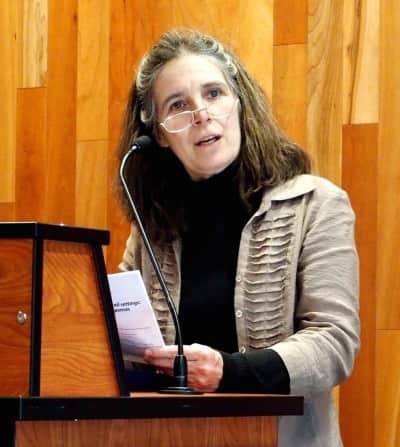

Deborah Miles moved to Asheville in 1975 at the age of 21. Deborah has been an organizer and change agent in education for forty years. She frequently mentors students and young professionals through her work at the center and in the community. She shows people that they have the abilities to achieve their dreams.
With three children of her own, Deborah became interested in what was being taught in the schools around traditions and cultures. Deborah founded the Center for Diversity Education in 1995. Today the Center is a program of UNC-Asheville. She says, “It’s time that the larger anchor institutions take on the work of diversity and inclusion. They maintain or dismantle privilege and access. Intuitional racism goes all the way up and down, and it’s about everyone taking responsibility for it.”
The Center for Diversity Education has worked in K-12 schools throughout Western North Carolina for 20 years now. In the 2011-12 school year, the Center worked with approximately 10,000 students and teachers in nine counties. Here is a link to the kind of work they do in schools.
Of all the work she has done, Deborah is most proud of the Slave Deeds project she completed with the Buncombe County Register of Deeds. She explains this project as a program that, “could have an enormous impact on America. People will be able to do genealogy and access slave deeds online for many generations to come.”
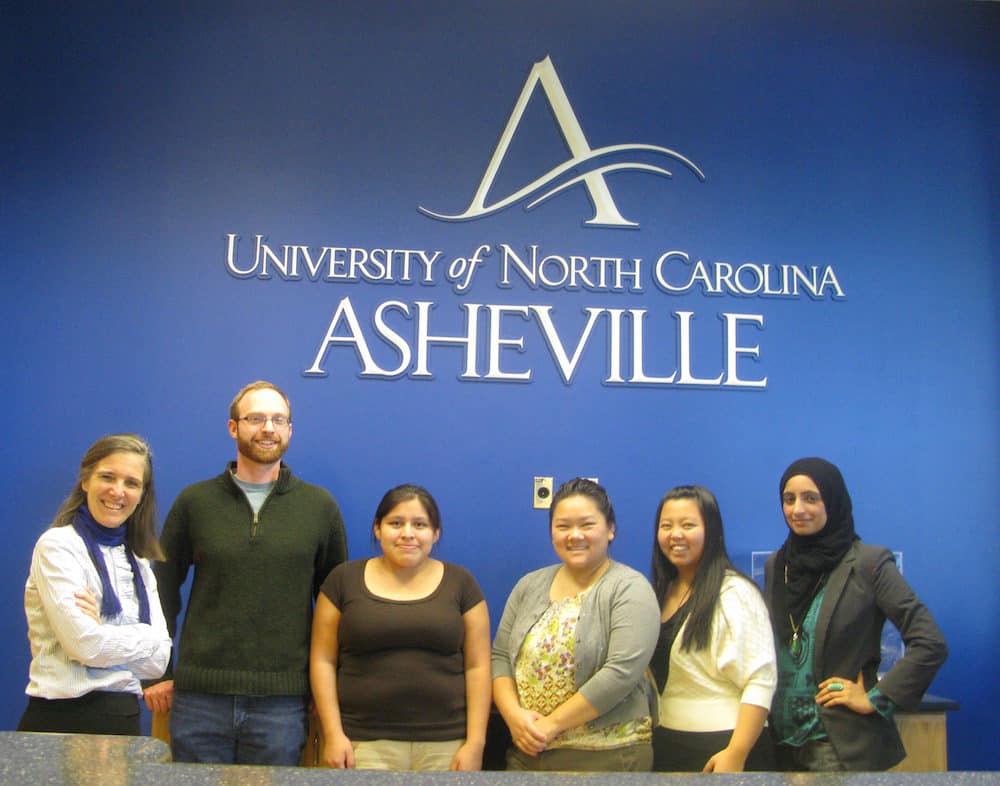

Deborah says she has been able to sustain her work for forty years by aligning herself with allies who have the ears of leaders who can make changes. She explains, “I have made a lot of mistakes, but it’s important for people to learn to trust you rather than be suspicious of you.” Deborah shares that she reads a lot about best practices and research to help inform her work and when she faces obstacles she “doesn’t give up.” When mentoring, supervising, and coaching others she points out the importance of being “transparent about what works and what doesn’t work.”
Meg, Cindy, and Deborah all bring different perspectives to their work and to those they influence. Meg’s leadership lessons and finding her “soul work”, Cindy’s empathy and vision, and Deborah’s advice for how to sustain the work and take responsibility for equity and inclusion are essential in leadership and for the future of the youth in Buncombe County. Meg, Cindy, and Deborah open up opportunities for change within themselves and the systems they are working in. They are leaders creating lasting change in Western North Carolina by doing what they love.


